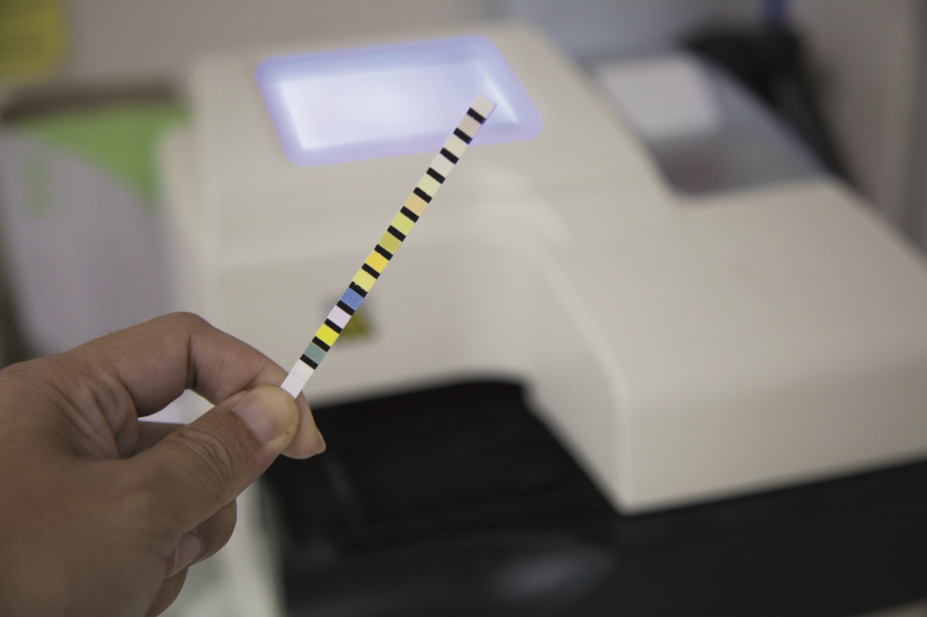
Shutterstock.com
Study results have shown that more than a quarter of type 2 diabetes patients whose urine was screened had not been taking their full prescription medicine.
The research, carried out by the National Centre for Drug Adherence Testing, based at the University Hospitals of Leicester NHS Trust, found that 28% of 228 patients who were tested had taken either none, or only some, of the medicines they had been prescribed.
Researchers took urine samples at the patients’ annual diabetes review and screened them for 60 drugs used to treat diabetes as well as medicines prescribed for hypertension and heart conditions.
They found that statins were not taken by 24% of patients, and oral hypoglycemic agents had a non-adherence rate of 9%.
Patients who had not been taking their prescription medicines regularly had significantly higher blood sugar levels that those who had been, as well as higher blood pressure. They were also more prone to higher levels of microalbumin, which can indicate that the kidneys may not be as healthy.
Study author Kamlesh Khunti, professor of primary care diabetes and vascular medicine at the University of Leicester, said the results showed that urine-screening could give a more accurate picture of medicines adherence, because it is difficult to diagnose non-adherence reliably through conversation alone.
“Many patients may not want to admit that they forget to take their medication, or for whatever reason choose not to, but it is important doctors have the full picture,” he said.
“Our study shows, for the first time, that a routine, non-invasive urine sample that’s taken during a standard annual diabetes review can be used to detect the person’s approach to their medication.”


